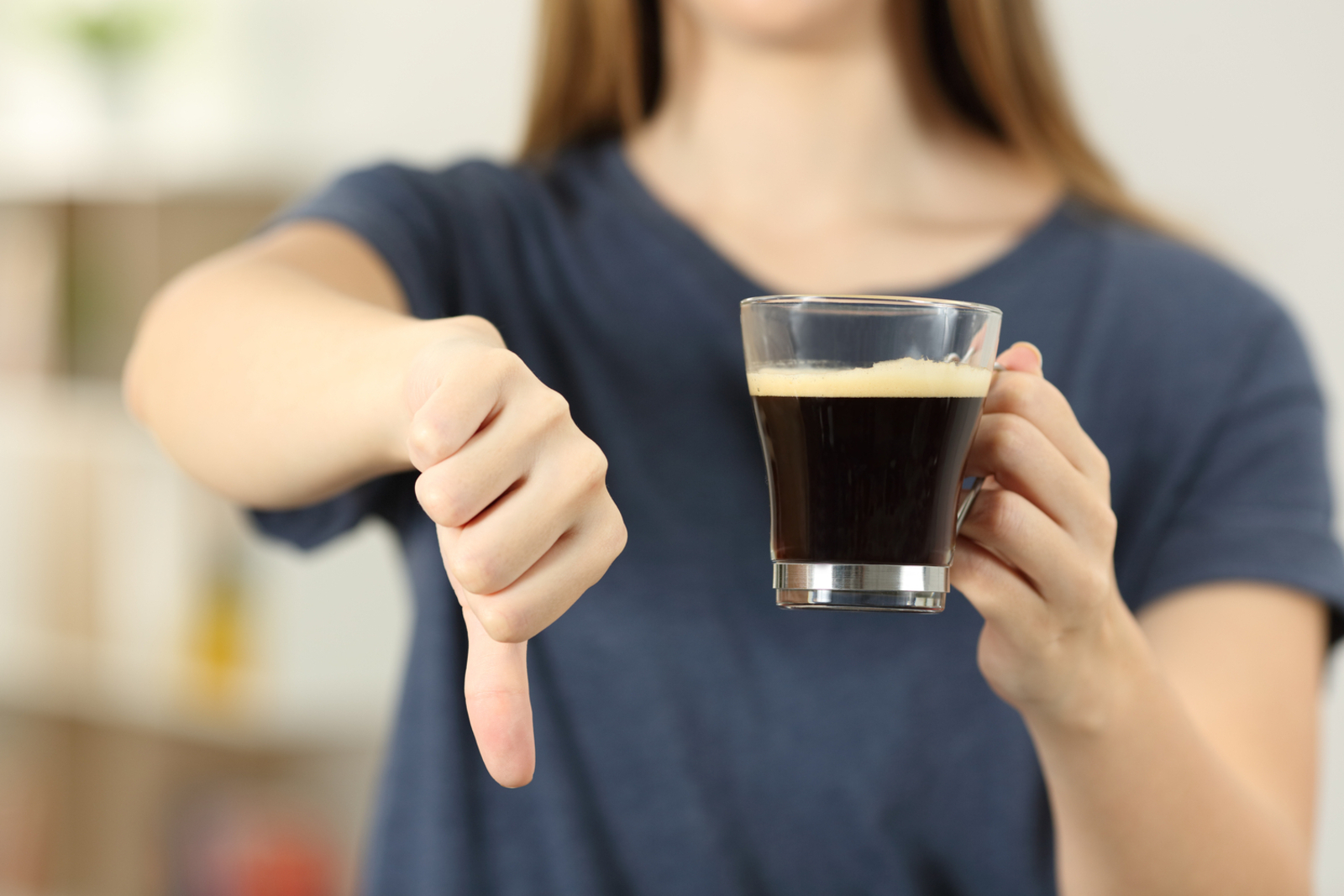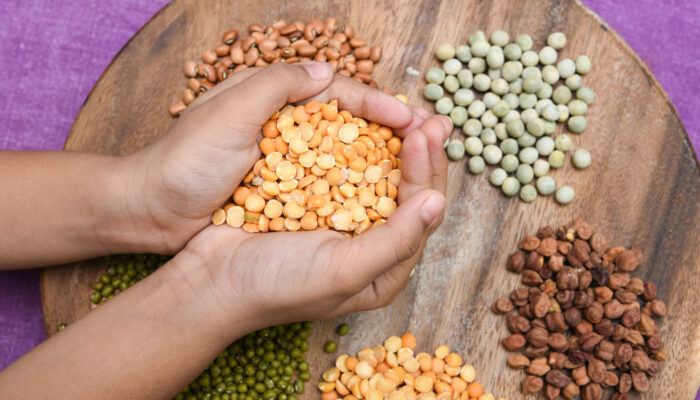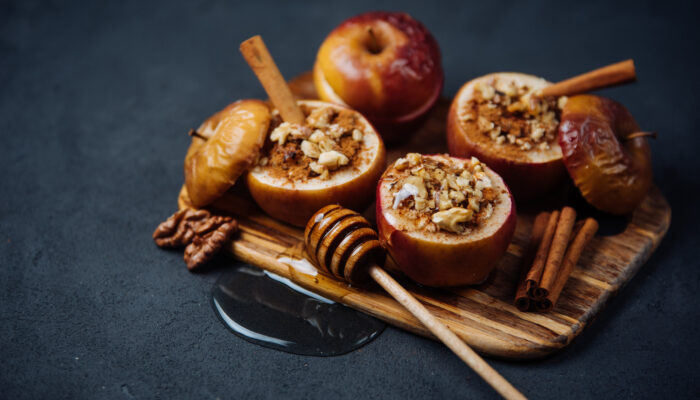
The Worst Foods for Colitis
Ulcerative Colitis is a serious inflammatory condition of the colon (large intestine) that is a chronic inflammatory bowel disease (IBD). Ulcerative Colitis symptoms can be painful with regular flare-ups and unpredictable relapses; this makes it very hard to live with. It is worth mentioning that there are several types of colitis, but ulcerative colitis is the most common form. Ulcerative colitis can cause abdominal cramps, diarrhea (sometimes bloody), fatigue, and weight loss. Here are several food triggers for colitis:
1. Butter or margarine
The problem with these foods is that they are high in saturated fats and trans fats. Saturated fat is found in animal products such as meat and dairy foods, while trans fats are artificially produced saturated fats found in processed foods like margarine and shortening. Both types of fat can increase inflammation in the body, which can make symptoms of Crohn’s disease worse or even cause flare-ups.
2. Carbonated beverages
The carbonation in these drinks can irritate the lining of your intestine. If you have ulcerative colitis, it’s best to avoid all carbonated drinks. The gas from carbonated drinks can cause cramping and diarrhea. This is because the gas causes your intestinal muscles to contract more forcefully than normal. It can also lead to dehydration. Carbonated drinks increase bowel movements by increasing water content in stool (diarrhea). This is why they are not recommended for people with ulcerative colitis.
3. Coffee or caffeine
Coffee and caffeine are well known to worsen the symptoms of ulcerative colitis. This is because coffee acts as a dehydrating agent, which increases the urgency to go to the bathroom and makes you more likely to have diarrhea. It also stimulates your intestines, which can cause cramping and pain. Coffee can irritate your colon, causing acid reflux that causes heartburn, bloating, gas, and pain in the upper abdomen. It can also cause diarrhea and other symptoms of irritable bowel syndrome (IBS) in people with inflammatory bowel disease (IBD).
4. Corn
This veggie is high in starch and sugar, which can irritate the lining of your intestine. It’s also known as a “FODMAP” food, meaning it contains large amounts of fermentable carbohydrates (lactose, fructose, and oligosaccharides). These carbs may irritate the lining of your intestines, causing cramps and diarrhea. In fact, this meal is one of the most common causes of food allergies among children and adults with inflammatory bowel disease who are allergic to gluten or gluten sensitivity.
5. Dairy products
Dairy foods are often high in fat, and many people can’t handle them well because they’re lactose intolerant—they have trouble digesting the sugar in dairy items. Lactose intolerance is a common side effect of eating too much dairy because the body doesn’t produce enough lactase, an enzyme that breaks down lactose (the main sugar found in milk). This causes bloating, gas and diarrhea after consuming dairy foods. This happens because your intestines don’t have enough bacteria to break down the lactose and turn it into simple sugars that can be absorbed into your bloodstream through the lining of your small intestine. When this happens, bacteria ferment what’s left behind, which produces gas as byproducts. This gas causes abdominal pain and cramping, typically within 30 minutes to two hours after eating food containing lactose, as well as flatulence (gas from the bowels), abdominal distention (swelling), and diarrhea or loose stools.
Those who suffer from inflammatory bowel diseases, such as Ulcerative Colitis and Crohn’s, should be careful about what foods they consume. Certain foods may worsen symptoms; therefore, it’s beneficial for them to be aware of the top worst foods for colitis. We’ve assembled a list of the five worst foods for colitis.



